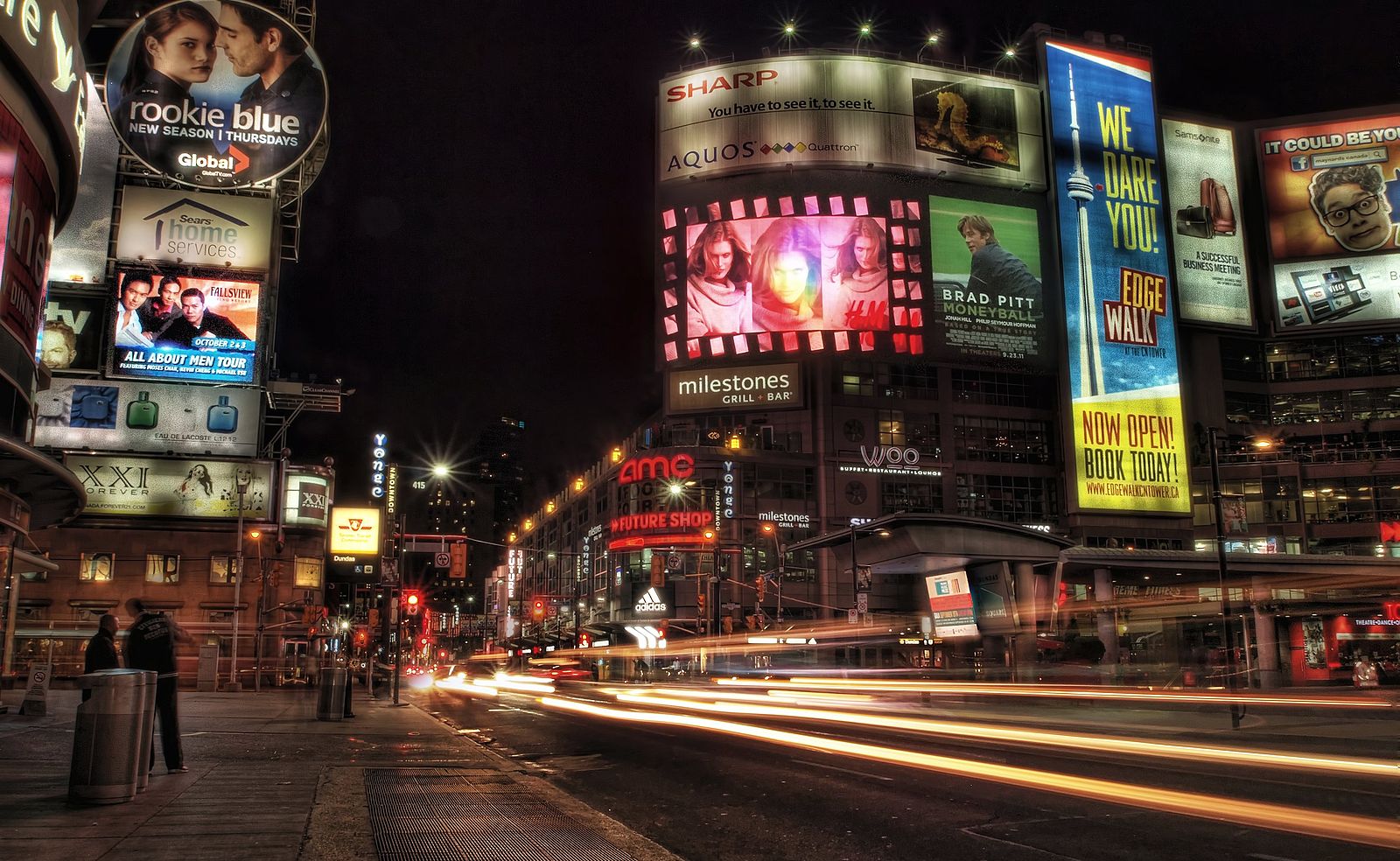Parking Meters May Soon Be Very Expensive

By:
Most people who use car services like Uber or Lyft know the term "surge pricing." That's when there's more demand for cars during a busy time of the day, so prices go up. Now, certain cities around the U.S. are considering applying something like surge pricing to parking meters.
Cities such as Boston, Washington, D.C., Chicago, Los Angeles, New York and others are all experimenting with the idea of making drivers pay more to park at meters when there's more demand for parking spots. That means if it's 5 p.m. on a Friday and there's a lot of traffic, you might end up paying $8 for a spot instead of $2.
 Mr.TinDC/Flickr - flickr.com
Mr.TinDC/Flickr - flickr.com
According to the Washington Post, advocates for this system argue it might help reduce traffic, since much of city traffic is caused by people looking for parking spots. Critics, the Post notes, see it as another example of cities catering to the wealthy and excluding people with lower incomes.
What the critics say
Richard Wolff, a professor of economics emeritus at the University of Massachusetts, Amherst, told ATTN: that these kinds of programs are often sold by city officials who say that people who need or want services most will pay more, which might sound fair if you don't analyze it further. However, Wolff says the reality is that people with more money don't see paying $8 for an hour of parking as prohibitive when they're considering driving to a certain area, while less wealthy residents do.
"It's a way of letting rich people get access to scarce parking places. What the hell do they care [about the price]?" Wolff said. "It's just another dimension of gentrification. You make the apartment too expensive for anybody who isn't rich, and now you make sure poor people who might live five blocks away don't park their cars in your area."
That view is shared by some transportation experts.
“It favors people who are well-to-do, well-heeled and who have expense accounts,” John B. Townsend II, a spokesman for AAA Mid-Atlantic, told the Washington Post. “This is what I call meter madness. . . . You’re discouraging people from parking and then you call it something else.”
What proponents say
Michael Manville, an assistant professor of urban planning at the UCLA, doesn't see it that way. Manville told ATTN: the value of a parking space changes over time, and rates should reflect that. He pointed out that a parking spot at a certain time might be cheaper than what we're used to paying currently, because there's very little demand for it at that time. It's not always about the price going above what we're accustomed to.
Manville also pointed out that parking structures already charge more depending on demand, and gas stations charge more for gas in certain busier areas. He called charging more for in-demand spots "regressive," meaning that higher rates do affect lower income people more than wealthier people, but he argues drivers are already a relatively well-off population.
"It's regressive through an affluent population," Manville said. "People who drive have more money than people who don't. People who drive and go to very expensive places, where the parking would be the most expensive, have a lot more money than people who drive and go elsewhere. Overwhelmingly, most of the meter revenue would be paid by higher income people."
 Waldenbg/Wikimedia - wikipedia.org
Waldenbg/Wikimedia - wikipedia.org
He also explained that if it does turn out that lower income people are being negatively impacted by this system, there are ways to address that.
"If it turns out that for some reason you're seeing meter prices go way up in a place where lots of low income people park, this program has a solution built into it, which is that it raises a lot of money," he said. "There are metering systems that are used in Europe that can be programmed to give discounts to certain residents."
Basically, a lower income person could be recognized by the system, perhaps via their license plate number, and they could receive a discount on parking. A city would have to decide to create such a program. It's a contentious debate, but it seems surge pricing may be coming to parking meters across the nation.

